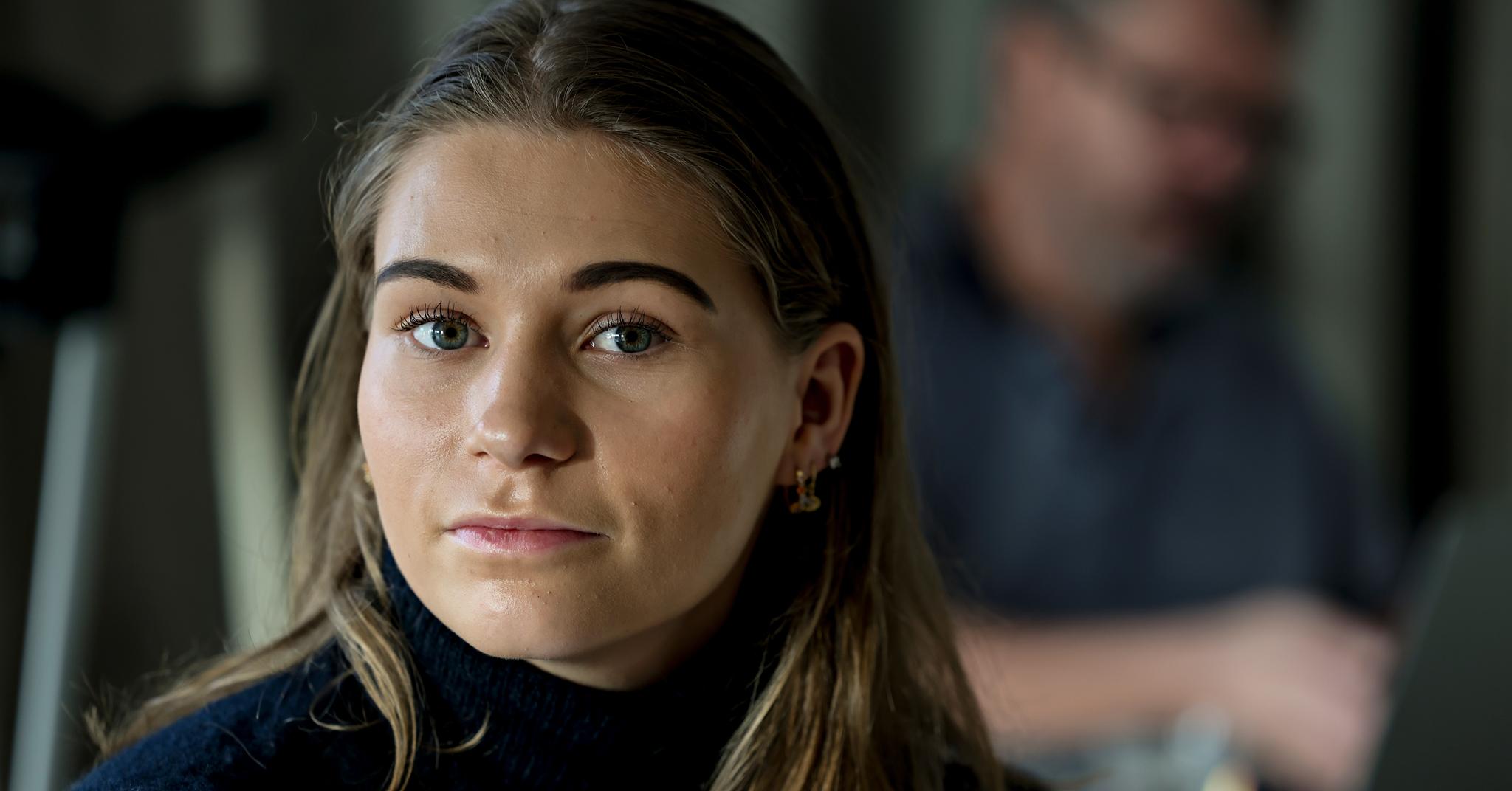The presidential candidate Gabriel Boric added the economist Eduardo Engel – of important descent in the center-left technocracy – to a council that will review the program prepared by his teams with the idea of introducing changes.
The presidential candidate Gabriel Boric added the economist Eduardo Engel – of important descent in the center-left technocracy – to a council that will review the program prepared by his teams with the idea of introducing changes. In that group they had already signed Andrea Repetto and Roberto Zahler. This Friday, in a meeting, the need for the program to be credible and feasible from a fiscal point of view was raised. The candidate thus adds prestigious and experienced academics, although it is pending who of them will have a public spokesperson. Repetto had been offered a central role as a member of the program team, but was available only to serve on the council.
Why it matters: The signings also consolidate in the technical and economic sphere the transfer of political support from the center-left -Boric has already received endorsements from Lagos, the Bachelet foundation, the PS and the PPD, and the DC will join on Sunday-, and on the other hand They allow him to face the flank of the lack of government experience of his teams – which his own command has admitted – and provide signs of reassurance to economic agents, who have expressed concern about the effect on investment of his program.
- The 3 joined the advisory council, which already included Daniel Hojman, the former program head of candidate PS Paula Narváez and a doctorate in Economics from Harvard; and Stephany Griffith-Jones, a Cambridge Economics Ph.D. who has advised the World Bank, served at the United Nations, and written with Nobel Laureate Joseph Stiglitz.
- The 4 new signings have a long academic career and roles in the state apparatus:
Eduardo Engel: PhD from the University of Stanford and MIT, he has achieved a high profile among economists in his sector, through the Espacio Público study center (in which Repetto participates). He was a full professor at Yale University, and chaired the Bachelet anti-corruption advisory council.
Ricardo Ffrench-Davis: Doctor from the University of Chicago, he was chief economist of the Central Bank, he has integrated United Nations committees and represented Bachelet and Lagos in international technical groups. He has also published with Stiglitz, and has been a visiting professor at Oxford.
Andrea Repetto: A doctor from MIT, she was a member of the economic team for Bachelet’s second campaign. She has been president of the Fiscal Advisory Council, and visiting researcher at the World Bank.
Roberto Zahler: Former president of the Central Bank and a doctorate from the University of Chicago, he has had a long career on company boards, and has advised various governments in Latin America and the IDB.
The themes that will be reviewed for changes to the program: The main emphasis that the group put, affirm those present at a meeting they held this Friday, was on the need to introduce fiscal responsibility to Boric’s program – “it is necessary to make it more credible and achievable,” they transmitted at the meeting – and give more priority to growth strategy.
- “There is a candidate open to good ideas. The challenges of the next government will be very great, and it is very important to ensure fiscal responsibility, “said Repetto, in a statement distributed by the command.
- Earlier, Ffrench-Davis had stated that he expected Boric to “make his show better.”
- The main matter, say the same sources, is to review the 8.5% of GDP tax reform -whose viability of center-left economists had questioned- and to affirm the program’s fiscal consolidation strategy. Repetto would have been the most insistent on that point.
- In addition, Engel would have argued that it was relevant to work on a “media outlet” for the adjustments, so that they were perceived by the public: Boric himself admitted on Sunday that the public also had doubts about his economic proposals.
- Four axes to review were defined: tax, pensions, health and economic reactivation.
The backdrop: The advisory group’s work will involve a debate to cut back on aspects of the program. Some of the new signings estimate that it is not possible to specify Boric’s agenda (end to the AFPs with an increase in the contribution to 18%, end to Isapres, minimum salary of $ 500 thousand, reduce the workday to 40 hours, in addition to the tax reform) in full simultaneously; while the PC on the other hand drew limits to the modifications to Boric’s proposals.
- Repetto herself was not available to join a more leading role: she was offered to join a central role in the current economic team (led by Javiera Martínez and Nicolás Grau), but she transmitted that due to her differences with the program she preferred to participate only in an advisory role (he considered it excessively costly and politically unfeasible).
- It was defined at the meeting that some of the economists will speak, but Boric’s command assumes that not all.
- In Boric’s command, they explain that the recommendations will be accepted as long as they do not imply that the program ceases to be “transformative.” At the meeting it was explained that an attempt will be made to adopt agreements between the current team and the advisory group, which, between the lines, was understood to mean that they were being summoned to consider their opinion. Of course, specifying that the last word on the issues will be the candidate.
– .


